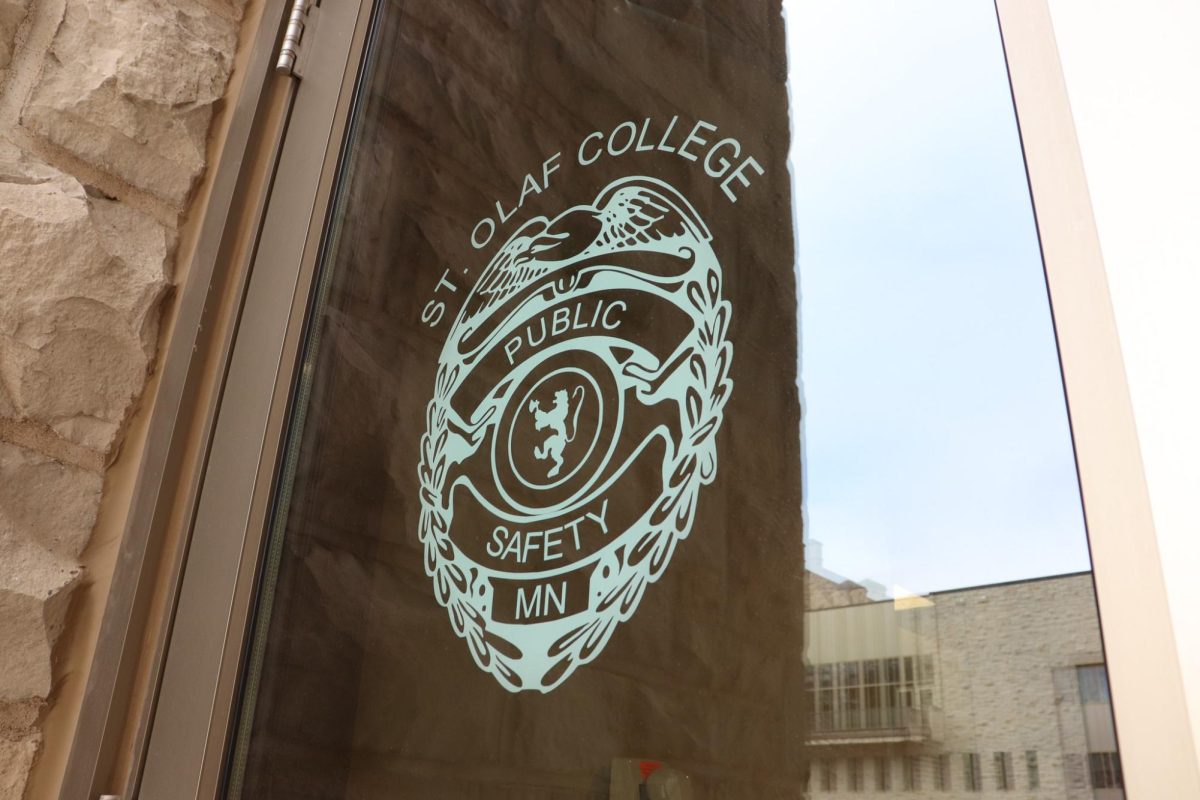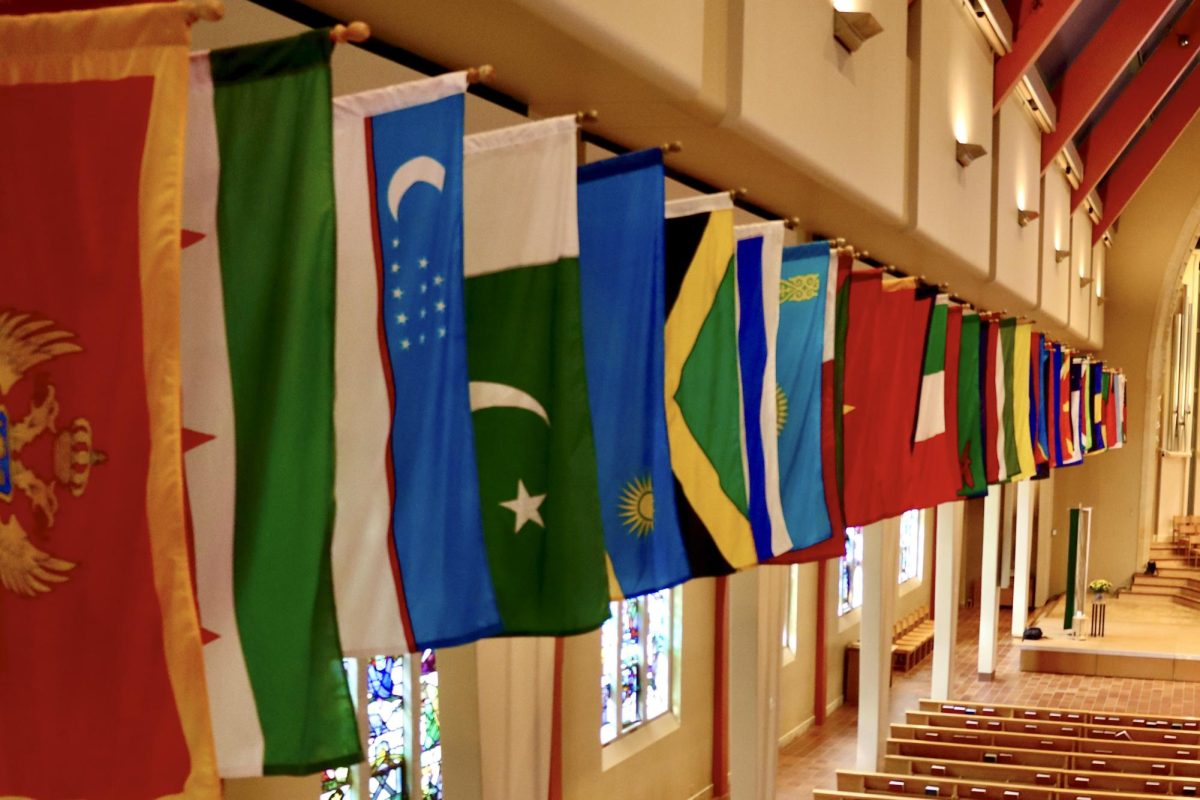Religion professor Trish Beckman is a delight both inside and outside the classroom. As many of her students and peers can attest, Beckman emphasizes fun as an integral part of her teaching method, ensuring that her students not only develop knowledge about the topic but also enjoy the learning process.
Beckman has spent the majority of her life in Minnesota. She grew up in Anoka, Minn. and completed her undergraduate degree at Gustavus Adolphus College, where she studied religion. She went on to receive a masters and a Ph.D. from the University of Chicago Divinity School in the History of Christianity, one of her many specialties at St. Olaf. She also studied mysticism extensively during her schooling.
Following graduate school, Beckman immediately got a job at St. Olaf and then briefly taught at Carleton College and the University of Missouri. Although Beckman liked the experience of teaching at a large state school, she is a self-proclaimed “liberal arts junkie” and prefers the intimate engagement of classroom discussion.
“I am curious about everything, and [teaching] is the greatest day job because you get to follow your curiosity everywhere,” Beckman said. “What I really love about St. Olaf is that students come in expecting that they are supposed to know the material, engage it and critique it.”
Beckman teaches a wide variety of classes on the Hill: the Great Conversation, first-year religion and other religion seminars. She often teaches with a focus on a particular way of understanding religious texts – for example, examining women in Christianity or comparing religions through the lens of mysticism.
This past interim, Beckman and Professor of Religion Mara Benjamin co-taught a class on the role of food in religion.
“It’s fun to put eating rituals across cultures in conversation with ultimate meaning,” Beckman said. “We use a lot of anthropologists to talk about how food has meaning and how humans structure themselves around communities.”
The students in her interim class got to explore cultural aspects of many different religious groups through food, including partaking in a traditional Sikh dinner at a temple and a Mexican candy demonstration and tasting.
Beckman also teaches in St. Olaf’s Great Conversation program, and she currently teaches the course in the Kildahl cohort for the class of 2018. She likes teaching the class itself, but she particularly enjoys the communal nature among the Great Conversation professors.
“One of the fun things about teaching Great Con is that the faculty is all reading together, right? And we’re having our discussions like a mini Great Con among us,” Beckman said. “It’s fun to teach the classes, but it’s really fun to have a peer with you doing that, and our cohorts become like a Great Con cohort with faculty. It’s a great chance to have a high level of intellectual fun.”
Outside of her work at St. Olaf, Beckman is working on other academic projects. She is currently writing a piece on mysticism in the study abroad experience, in which she claims that students seek an ultimate experience through travel. She is also working on a food and religion faculty seminar with religion professors at Carleton College. Her part of the project will focus on mystical practices in the Christian, Jewish and Islamic traditions. However, instead of food creating differences between religious groups, she emphasizes how food can assist in the erasure of these boundaries and the ability to bridge gaps.
When she isn’t working, Beckman enjoys spending time with her three boys, playing with her dog and cat, knitting, cooking and being outdoors. She says that she likes a full life, one with a balance between work and play.
Professor Beckman loves teaching at St. Olaf. When asked about the thing she likes most about it, she said, “I like the excitement of watching [people of] your age build a life. You’re on your own now, you get to think about what is meaningful and we get to be a part of those conversations as people figure out what they’re trying to do. It’s pretty cool.”
Beckman has a lot of hope for her students. She is constantly impressed with the things her students do after leaving St. Olaf, and she considers herself lucky to work here.
“I love the exchange, I love the conversation, I just love wrestling with the meaningful things and doing it with other people.”





